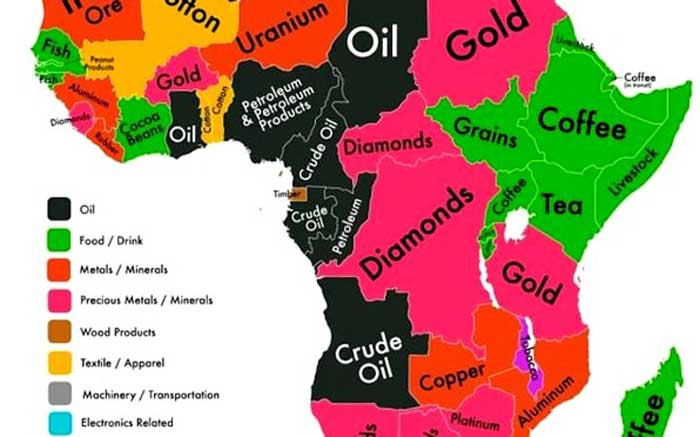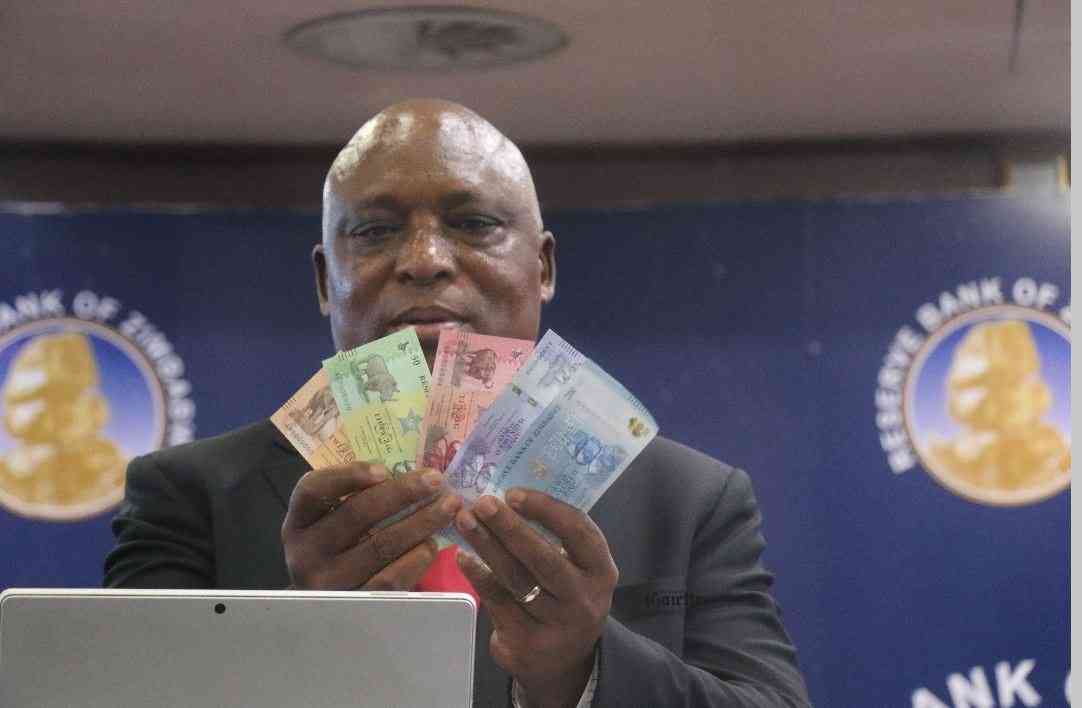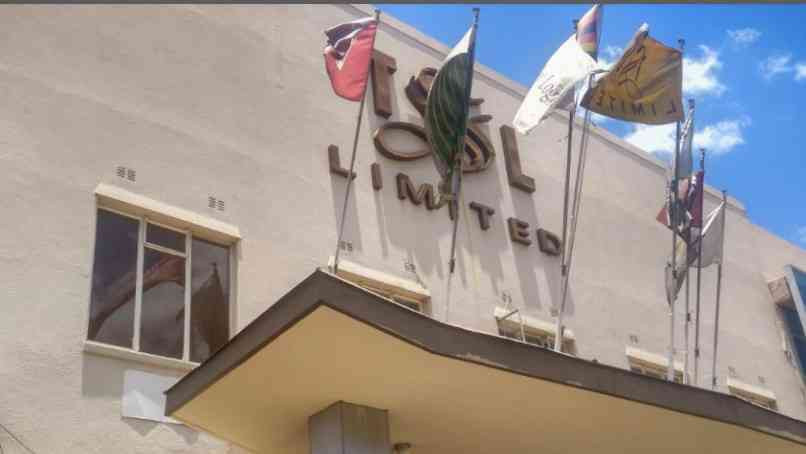
The macroeconomic environment across many African territories remains challenging with most countries still grappling with inflation risks on the back of high food and energy prices.
These risks are generally compounded by country-specific issues such as muted economic growth, persistent budget deficits, balance of payment concerns, currency weakness and social risks.
In Nigeria, the promising start made by President Bola Tinubu was just that – a start. While we too are more optimistic, additional measures and policy corrections are needed to completely reverse the embedded unorthodoxy in the Nigerian financial system.
By way of example, the initial easing of restrictions on the foreign exchange market over the last quarter only partially reduced the foreign currency repatriation backlog. Investors will remain wary until this backlog is cleared, liquidity returns to the market, and the currency is allowed to float freely.
A weaker naira inevitably results in a higher inflation print, and Nigeria’s recently reported inflation numbers show just that. Conventionally, we would expect this to be associated with monetary tightening, but we are yet to see the response from the Central Bank of Nigeria (CBN). On that note, the recent appointment of Dr Olayemi Cardoso, an ex-Citibank executive, as the new CBN governor is encouraging but, yet again, just a start.
From an equities perspective, the currency devaluation has been positive for the banks with net-long US dollar positions. Guaranty Trust Bank, Zenith Bank and Stanbic IBTC Bank fit this bill and reported significantly higher first-half profits on the back of large foreign exchange gains.
The CBN has since prevented these gains from being paid out to shareholders, instead directing banks to use them as counter-cyclical buffers. The Nigerian banks in the fund continue to trade on attractive valuations, be that from a price-to-earnings, dividend yield or price-to-book perspective.
In Egypt, tobacco manufacturer Eastern Company has been a significant performer, with a total US dollar return of 35%. In a bid to raise fiscal funding and reduce its role in the economy, the Egyptian government sold a 30% stake in Eastern to a UAE investment firm.
- Zim platinum H2 output remains stable
- Zimplats splurges US$270m on capital projects
- Nedbank Tour de Great Dyke targets international status
- Zimplats injects millions to prop up local firms
Keep Reading
The implied transaction price was EGP28.90 per share, which is above the spot share price. Subsequently, the company announced its intention to spin off its real estate assets to investors in a bid to unlock further value. We continue to find the company fundamentally attractive, not least for its track record in growing US dollar profits over time.
Zimbabwean mining company Zimplats has been weak on a relative basis since January (-5% US dollar total return) but has held up significantly better than the South African-listed platinum group metal (PGM) miners (between -56% and -38% total return in US dollars).
The PGM industry is being impacted by a combination of a weak PGM basket price (due to the rising threat of electric vehicles), significant input cost pressures and production risks at their South African assets.
Zimplats is not immune to these risks, but its position near the bottom of the cost curve adds an element of defensiveness to its prospects. Furthermore, Zimplats’ strong balance sheet, which we consider to be crucial to our investment thesis, will support their multi-year, US$1.8 billion investment programme to replace depleting mines, add mining and processing capacity and build solar projects.
Zimplats has an enviable production track record, having organically grown production approximately three-fold since 2009.
We are under no illusions about the macroeconomic and idiosyncratic risks facing such businesses operating throughout Africa. However, we remain cautiously optimistic on the long-term prospects of these opportunities as attractive starting valuations and poor sentiment often provide the cocktail for meaningful future performance.
- *Kamal Govan is the portfolio manager of the Allan Gray Africa Equity Fund











